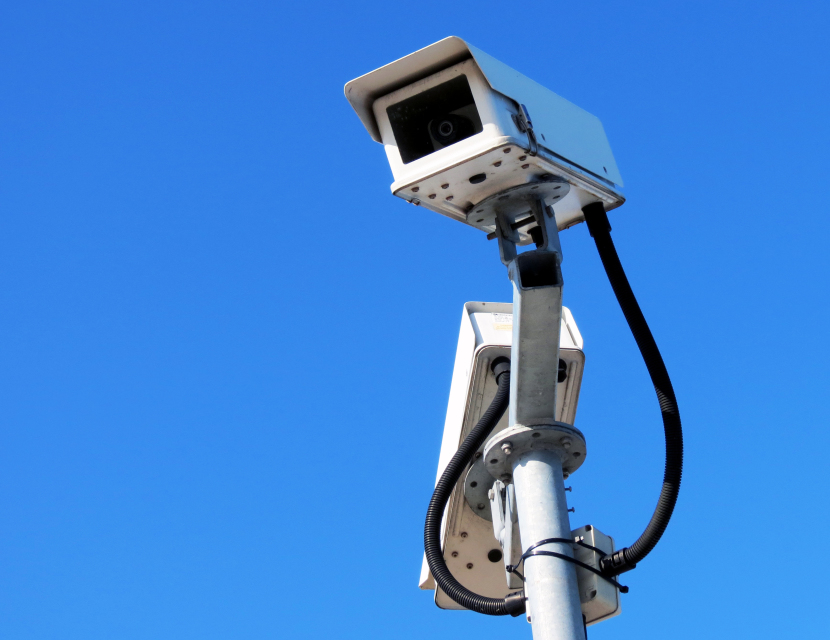The Marital/Spousal Privilege and Domestic Violence Prosecution
Baltimore Ravens running back Ray Rice made news in March when he was indicted for domestic violence/aggravated assault against his girlfriend, Janay Palmer, and married her a day later. Observers speculated that this was a legal maneuver to make the prosecution more difficult by allowing Ms. Palmer to invoke the marital privilege and refuse to testify against Mr. Rice.
If so, would this maneuver be successful? In Washington state, RCW 5.60.060(1) governs the use of the spousal privilege. That statute specifies that “a spouse or domestic partner shall not be examined for or against his or her spouse or domestic partner, without the consent of the spouse or domestic partner; nor can either during marriage or during the domestic partnership or afterward, be without the consent of the other, examined as to any communication made by one to the other during the marriage or the domestic partnership.” However, the statute contains important caveats. First, the privilege does not apply “to a criminal action or proceeding for a crime committed by one against the other,” or to “a criminal action or proceeding against a spouse or domestic partner if the marriage or the domestic partnership occurred subsequent to the filing of formal charges against the defendant
In reality, the marital privilege is a narrow one. It applies only when the spouse is a witness to the alleged crime, not an alleged victim of the crime, and then only if the marriage existed before charges were filed against the defendant. In addition, assuming the spouse is a witness to a crime and not a victim, he or she may not testify about communications made by his her or her spouse about the crime, even if the spouse is subpoenaed to testify after the marriage is no longer valid. In other words, if a defendant confesses a crime to his or her spouse and they are subsequently divorced, the defendant can invoke the marital privilege to prevent his or her ex-spouse from testifying.

